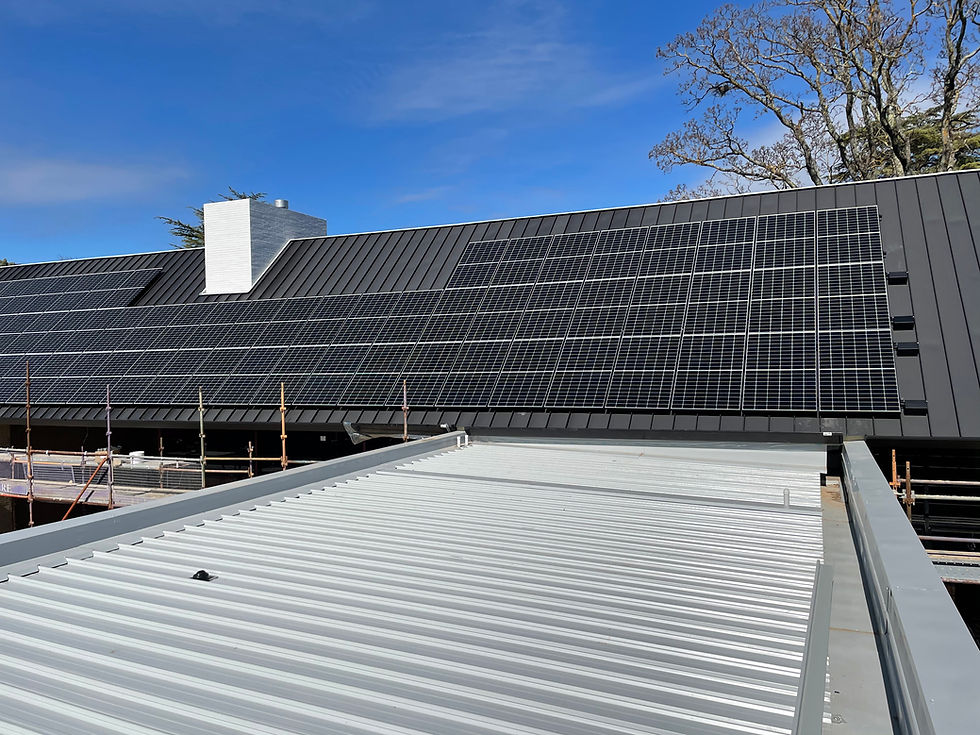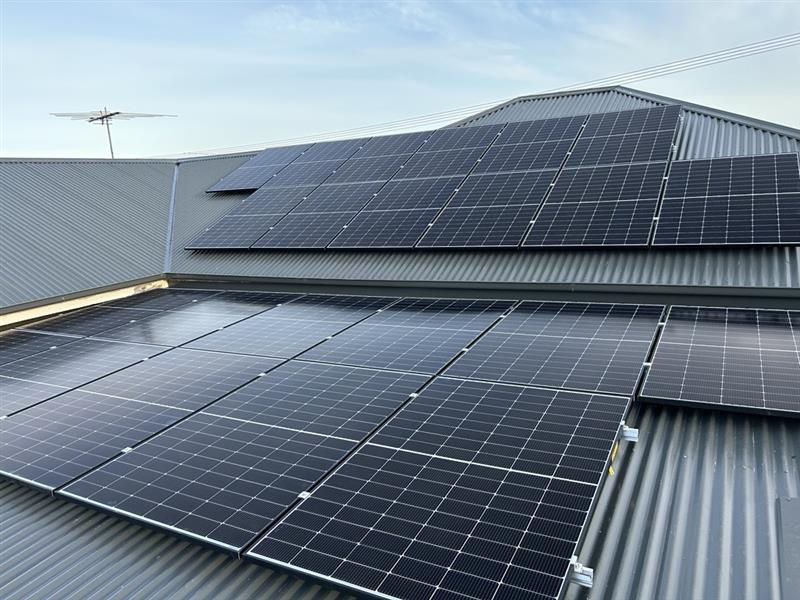The Importance of Regular Maintenance for Long-Lasting Solar Panels
- Marketing AR Energy
- Jul 17
- 3 min read
Installing solar panels is a smart move for Australian homeowners looking to reduce electricity bills and support clean energy. However, many people don’t realise that keeping your system in top condition takes more than just installation. Regular maintenance is key to ensuring your solar panels last as long as possible and perform efficiently year after year.
Here’s why maintenance matters, what it involves, and how it protects your investment.

Why Is Solar Panel Maintenance Important?
1. Maximise Efficiency and Savings
Your solar panels work by converting sunlight into electricity. When they’re covered in dirt, dust, leaves, or bird droppings, their ability to absorb sunlight is reduced. Even a thin layer of grime can decrease efficiency by 5–20%, meaning you’re missing out on potential savings every single day.
2. Extend Your System’s Lifespan
Most quality solar panels are designed to last 20–25 years or more. Regular maintenance helps prevent small issues, like water ingress or corrosion, from becoming major problems that could shorten their lifespan.
3. Maintain Warranty Validity
Many solar manufacturers require proof of regular maintenance to keep warranties valid. Skipping inspections or cleaning could risk losing your warranty coverage if something goes wrong.
4. Ensure Safety
Solar systems are generally safe, but as electrical equipment exposed to harsh weather, they need periodic checks to ensure there are no:
Loose wires or damaged cables
Corroded connectors
Potential fire or electrical hazards
Professional inspections can catch these issues before they become dangerous.
What Does Solar Panel Maintenance Involve?
Here is a breakdown of what proper solar maintenance includes:
1. Visual Inspections
Check your panels from the ground every few months for:
Dirt build-up or shading from overgrown trees
Bird nests, droppings, or debris accumulation
Visible cracks or damage to panels or frames
Tip: Never climb onto your roof unless you’re trained and equipped for safe access.
2. Cleaning Panels
Rain does some of the cleaning, but in areas with heavy dust, pollen, coastal salt spray, or bird activity, professional cleaning once a year is recommended. Avoid using:
High-pressure hoses (can damage panels)
Harsh chemicals or abrasive cloths
Professional cleaners use specialised equipment and purified water to remove grime safely and effectively.
3. Inverter Checks
Your inverter is the heart of your solar system, converting solar power into usable electricity for your home. Monthly checks should include:
Looking for green operational lights
Checking for error messages or warnings
Reviewing your energy production to ensure it matches your usual output
If you notice error codes or a sudden drop in production, contact your installer or maintenance provider immediately.
4. Electrical and Safety Inspections
At least once every 1-2 years, have a licensed, CEC-accredited solar technician inspect:
Electrical wiring for damage or wear
Mounting hardware for corrosion or loose fittings
System grounding and earthing integrity
Switchboard connections and isolators
These checks keep your system safe and compliant with Australian standards.
How Regular Maintenance Saves You Money
Many homeowners think maintenance is just an extra cost, but it actually saves you money in the long run by:
Maintaining optimal system performance for maximum daily savings
Preventing expensive repairs by catching issues early
Extending your system’s lifespan, delaying costly replacements
Keeping warranties valid for repairs or replacements covered under manufacturer terms.
How Often Should You Maintain Solar Panels?
For most Australian homes, a good rule of thumb is:
Visual checks: Every 3-6 months
Inverter checks: Monthly
Professional cleaning: Annually (or more often in dusty or coastal areas)
Full electrical inspections: Every 1-2 years
Final Thoughts
Your solar system was designed to provide reliable, clean energy for decades. But like any valuable asset, it needs routine care to perform at its best. Regular maintenance protects your investment, maximises your savings, and keeps your home safe.
Don’t wait until your system underperforms or needs costly repairs. Keep it in peak condition with a simple maintenance routine and trusted professional support.







Comments